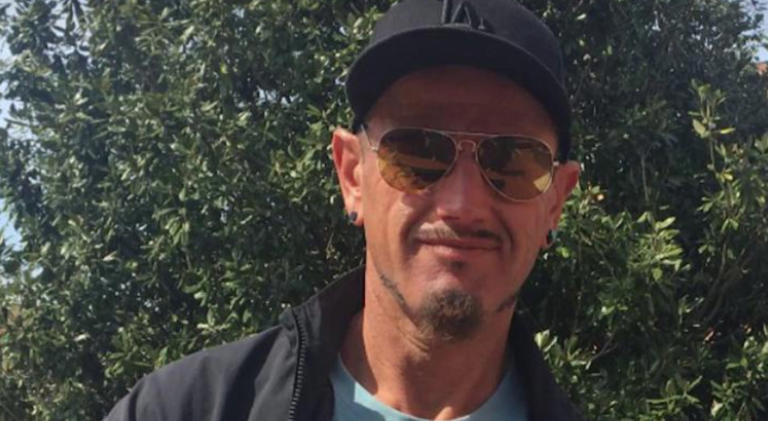On July 10, Francis Charles Kaufmann will return to Italy. The 46-year-old American is at the center of one of the most disturbing and complex investigations of the past year, as he stands accused of the double homicide of his partner, Anastasia Trofimova, and their five-year-old daughter, Andromeda, both found dead in Villa Pamphili, a historic park in Rome’s Monteverde district. Kaufmann is being extradited from Larissa, Greece, where he was arrested after a month on the run. Upon his arrival in Rome, he will immediately undergo a DNA test ordered by prosecutors to confirm whether he was the child’s biological father. A preliminary hearing is expected within five days. In the meantime, during initial questioning, Kaufmann has declared his innocence.
New forensic details have also emerged: according to unofficial reports, Trofimova’s body bore faint markings and light abrasions around the neck, consistent with targeted pressure—possibly indicative of non-violent asphyxiation, a so-called “gentle death,” a method designed to leave minimal external signs. However, the autopsy was unable to confirm clear evidence of trauma, largely due to the advanced state of decomposition. Prosecutors have therefore ordered further histological analysis, with results expected by the end of July. Without a definitive cause of death, investigators acknowledged, extradition could have been jeopardized.
The victim’s mother, Tatiana Zemliakova, who resides in Siberia, played a crucial role in identifying the body, aided by distinctive tattoos and other identifying marks. Italian authorities are now seeking to interview her through international legal cooperation procedures, which also involve requests to the United States.
Kaufmann had introduced himself to Italian institutions and film circles under the alias “Rexal Ford,” presenting himself as a director and producer. But beneath this artistic persona, investigators allege, operated a fraudulent scheme that now threatens to widen the scope of the inquiry. At the center is the film Stelle della Notte (“Stars of the Night”), which was never released but received over €850,000 in state-backed tax credits.
The Directorate-General for Cinema at the Ministry of Culture has turned over all relevant documents to prosecutors. Investigators are now examining whether the funds were in fact disbursed, and if so, to whom. Kaufmann is believed to have operated through shell companies and stand-ins, submitting allegedly fraudulent documentation to circumvent oversight. In the midst of these revelations, Nicola Borrelli, the Ministry’s longtime director of cinema, resigned—reportedly at the quiet but welcomed suggestion of Culture Minister Gennaro Sangiuliano—after publicly criticizing the current tax credit legislation as structurally incapable of preventing abuse.

The Ministry is now awaiting a formal response from Coevolution, the Italian production company listed as executive producer for the film. By July 14, the company is expected to provide a copy of the final product—of which only a rough cut is believed to exist—as well as proof that the associated expenses were actually incurred in Italy. Should irregularities emerge, the case will be referred to the Guardia di Finanza, Italy’s financial police. To date, the Ministry has flagged nearly 200 suspicious productions, amounting to more than €6 million in potentially misused public funds.
This is not the only questionable project linked to Kaufmann. Just months before the Villa Pamphili case, he allegedly sought funding for a second film, this time with an LGBTQIA+ theme. According to emails obtained by investigators, Kaufmann and an associate contacted an American producer requesting a $10,000 advance. Despite assurances from the two men, the offer was ultimately declined.
With Kaufmann’s return to Rome, the investigation will enter a critical phase. Italian authorities will have the opportunity to question him directly, compare his DNA to that of the child, and begin to untangle a network of deception that stretches far beyond a single crime. This is about a man, certainly—but it may also be about a system that failed to ask the right questions until it was far too late.










